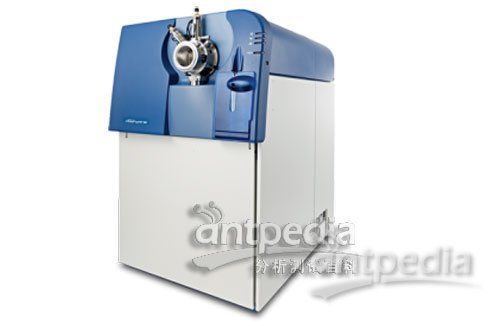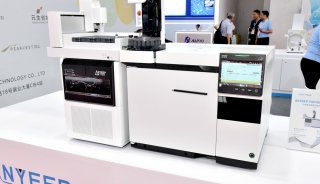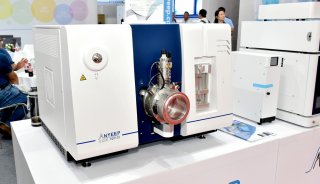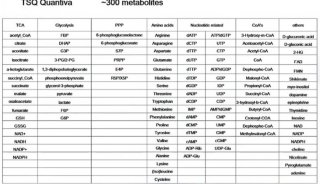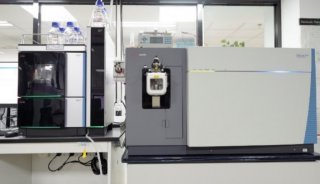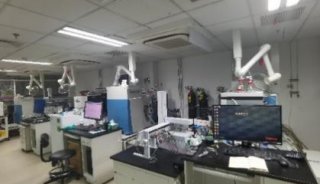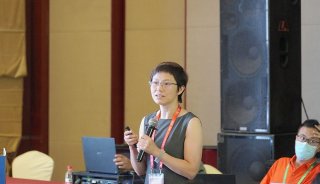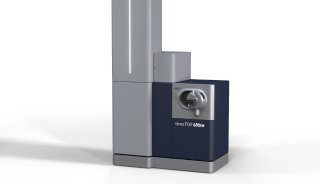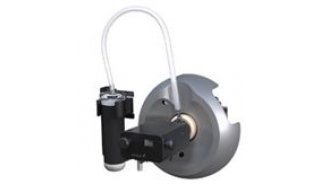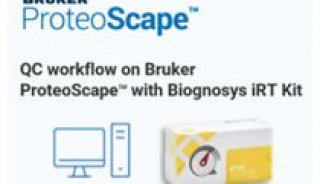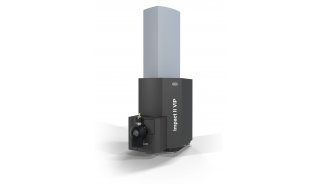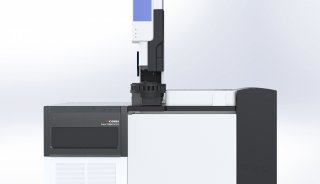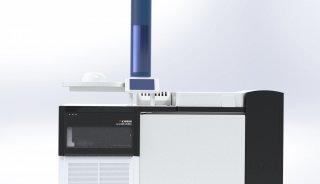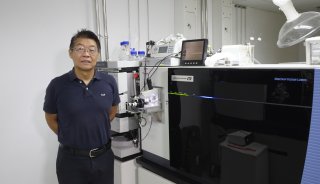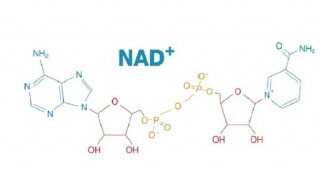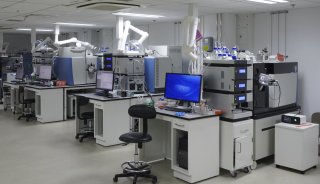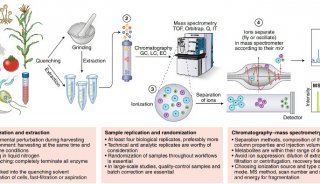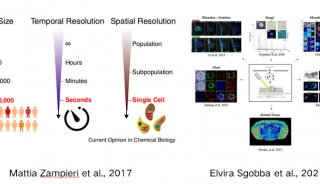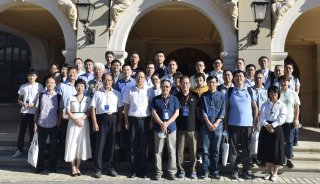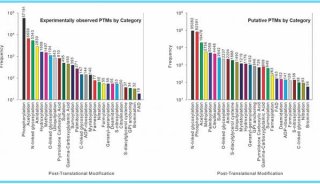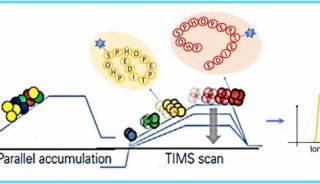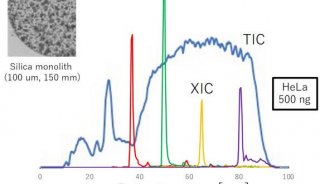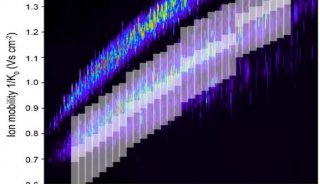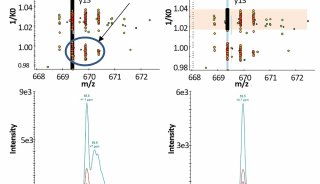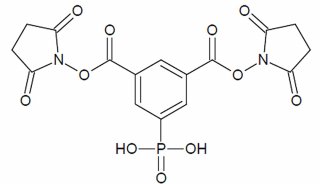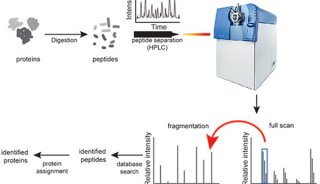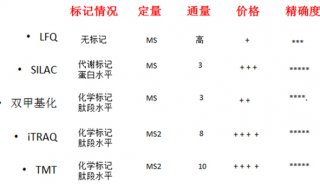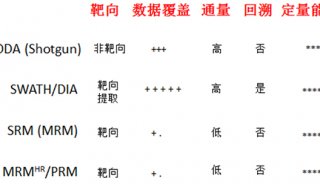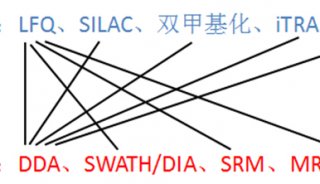HUPO 2011:AB SCIEX研討會上啟動新的人類蛋白質組計劃
HUPO2011上 全球蛋白質組學研究者匯聚一堂推進人類蛋白質組計劃
瑞士日內瓦,蛋白質組研究領域的領袖們在HUPO 2011上匯聚一堂,為人類蛋白質組計劃(Human Proteome Project , HPP) 定義新的短期里程碑。這一全球范圍內的聚會,旨在繪制今后五到十年全人類的蛋白質組藍圖。該計劃將在HUPO上9月5日舉行的AB SCIEX研討會上啟動,以HPP領導者Pierre Legrain的介紹開場。
什么是HPP?人類蛋白質組計劃(Human Proteome Project,HPP)建立了全球蛋白質組學研究者的合作,HUPO組織發起的目標旨在歸類和描繪出人體內的所有蛋白質。該計劃有兩大主要方向:基于染色體的HPP(cHPP),關注于對每個染色體蛋白的子集進行注釋;另一個是生物疾病驅動的HPP(bdHPP),目標是回答和疾病相關的生物問題。為了識別、定量和注釋所有的人類蛋白質編碼基因,HPP將使用三種工具:質譜、親和抗體、以及生物信息學。為每個方法,HPP都定義了指導原則,對實驗步驟,樣品處理和數據分析做了推薦。
最終的目標是:產生高質量的結果,屆時全球的研究者們將可普遍獲得這些結果。在長期的計劃中,HPP的目標是,把蛋白質組學從研究帶入臨床的應用。
HPP項目是怎樣開始的?
幾年以前HPP項目就開始策劃,但是實現項目目標所需的工具直至最近才變得可用。近年來質譜技術獲得顯著提高,尤其是其重現性、通量、分辨率、精度和分析質量方面。這些提高使得質譜具有足夠的精度來檢測和定量多樣化的蛋白,即使是在痕量的濃度水平下。新的技術也使研究人員可比較從不同的組織和試驗得到的數據庫,來研究一個樣品中蛋白存在和表達的水平,這些是HPP的核心元素。
例如,SWATH?采集技術,是瑞士蘇黎世大學的Ruedi Aebersold和其同事們發明的,是第一個基于質譜的技術,可以同時定性和定量一個樣品中所有的蛋白和多肽——只需一次分析——快速、準確、重現。AB SCIEX 的TripleTOF?5600 系統使SWATH采集方法的開發成為可能,它獨一無二地集成了以下能力:超高速的采集、定量能力、準確質量、高分辨率。
主要的挑戰是什么?
HPP項目的兩大主要挑戰將會是:說服足夠大的研究實驗室加入該集團,并確保進行足夠的定量分析、從而發展非常大規模的數據庫。在長期的計劃中,HPP將面臨第三種挑戰:說服診所使用質譜來診斷。
為實現HPP的目標,非常需要大型和有影響力的研究組。集團的每一個成員將被要求專注于一種疾病或生物問題上,遵循指導原則,接受開放的交叉分析,并在發表論文前分享他們的結果。
除了確保高質量和重現性的結果,集團需要優秀的定量工具來生成參考蛋白的蛋白庫。這要求高靈敏的質譜儀,比如最近發展的TripleTOF 5600。
診所傳統上使用基于抗體的方法來診斷,這種技術有局限性,有時不能生成所需的結果。為了將來把人類蛋白質組學發現的結果應用到臨床上,診所將需要把原來的診斷方法轉換為質譜法。
AB SCIEX的角色?
AB SCIEX,生命科學分析領域的全球領導者,是HPP工業咨詢委員會的成員,并贊助了HUPO會議的系列研討會。
HPP研討會之后,兩個進一步的研討會將側重于多肽定量方面的新型質譜技術和工作流,包括SWATH采集法。該研討會向所有HOPO 2011的參會代表開放,會上的報告將來自全球的蛋白質組學研究領袖們、以及HUPO組織方和ABSCIEX公司。9月3-7日,HUPO 2011在瑞士日內瓦召開。
在質譜技術最新的進展方面,AB SCIEX已做出了卓越的貢獻,這些貢獻將使HPP研究受益,AB SCIEX提供了全面的質譜系列:TripleTOF?, QTRAP?, 三重四極桿、和TOF/TOF? 系統,以及先進的軟件,和突破性的SelexION? 技術。
相關鏈接:
參考英文原文:
Leading proteomics researchers are gathering at the HUPO 2011 meeting in Geneva, Switzerland, to define new short-term milestones for the Human Proteome Project (HPP). This global collaboration aims to map the entire human proteome over the next five to ten years. The project will be introduced to HUPO delegates at an AB SCIEX workshop on 5th September, opening with an introduction by the HPP leader, Pierre Legrain.
What is the HPP?
The Human Proteome Project is a global collaboration between proteomics researchers, a HUPO initiative that aims to assign and characterise all proteins in the human body. The project has two main directions: chromosome-based HPP (cHPP), focusing on annotating subsets of proteins for each chromosome, and biology disease-driven HPP (bdHPP), aiming to answer biological and disease-related questions. To identify, quantify and annotate all human protein-coding genes, the HPP will use three tools: mass spectrometry, antibody affinity and bioinformatics. For each method the HPP is defining guidelines with recommendations for experimental procedures, sample handling and data analysis.
The ultimate goal is to produce high-quality results that would be universally available to researchers all over the world. In the long term, the HPP aims to take proteomics beyond research and into clinical applications.
Why is the project starting now?
Planning for the HPP began several years ago, but the tools that will be needed to achieve the project’s goals have only recently become available. Mass spectrometry technologies have significantly improved in recent years, particularly in terms of reproducibility, throughput, resolution, and accuracy and quality of the analysis. These improvements should allow sufficient accuracy for detecting and quantifying diverse proteins, even at low level of concentration. New technologies also make it possible to compare databases from different tissues and experiments to study the presence and level of expression of proteins in a sample, which is a key element of the HPP.
For example, the SWATH? Acquisition technique, which was developed in collaboration with Prof Ruedi Aebersold and his colleagues at the ETH Zürich, is the first mass spectrometry-based technique that allows simultaneous quantitative and qualitative detection of all proteins and peptides in a sample - from a single analysis - in a fast, accurate, and reproducible manner. The development of SWATH Acquisition was made possible with the superior capabilities of the AB SCIEX TripleTOF? 5600 System, which combines ultra-high acquisition speed with quantitative capabilities, accurate mass and high resolution.
What will be the main challenges?
The two main challenges for the HPP will be to convince enough large research laboratories to join the consortium, and to ensure sufficient quantitation to develop such large-scale databases. In the long term, the HPP will face a third challenge in convincing clinics to use mass spectrometry for diagnosis.
In order to achieve the HPP’s goals, large and influential proteomics research groups will be needed. Each member of the consortium will be asked to focus on one disease or biological question, to follow the guidelines and to accept open cross-analysis and sharing of their results before publishing.
In addition to ensuring high quality and reproducibility of the results, the consortium needs excellent quantitation to produce protein libraries of reference proteins. This requires sensitive high-power mass spectrometers, such as the recently developed TripleTOF 5600.
Clinics traditionally use antibody- based methods for diagnostics, a limited technique that sometimes cannot produce the required results. In order to apply human proteomics discovery to clinical use in the future, clinics will need to convert to mass spectrometry-based approaches.
What is AB SCIEX’s role?
AB SCIEX, a global leader in life science analytical technologies, is a member of the HPP’s Industry Advisory Board and is sponsoring a series of workshops at HUPO.
The HPP workshop will be followed by two further workshops focusing on new mass spectrometry technologies and workflows in peptide quantitation, including SWATH Acquisition. The workshops are open to all HUPO 2011 delegates, and will consist of talks from leading proteomics researchers from around the world, as well as from HUPO and AB SCIEX. HUPO 2011 takes place from 3-7 September, in Geneva, Switzerland.
AB SCIEX has contributed significantly to recent advances in mass spectrometry technology that could greatly benefit the HPP research, and offers a complete range of TripleTOF?, QTRAP?, Triple Quad? and TOF/TOF? Systems, as well as advanced software and the ground-breaking SelexION? Technology.
-
企業風采

-
精英視角








